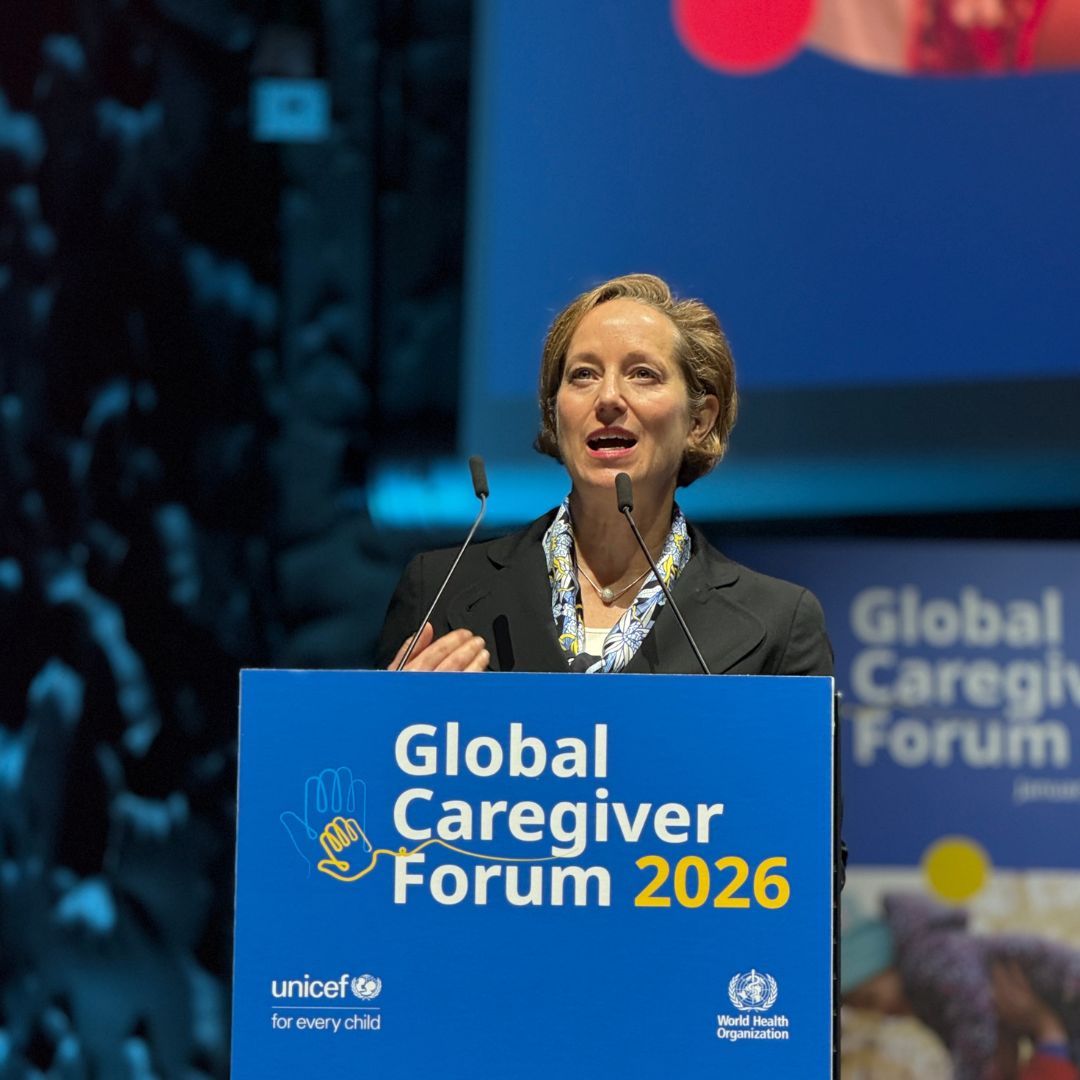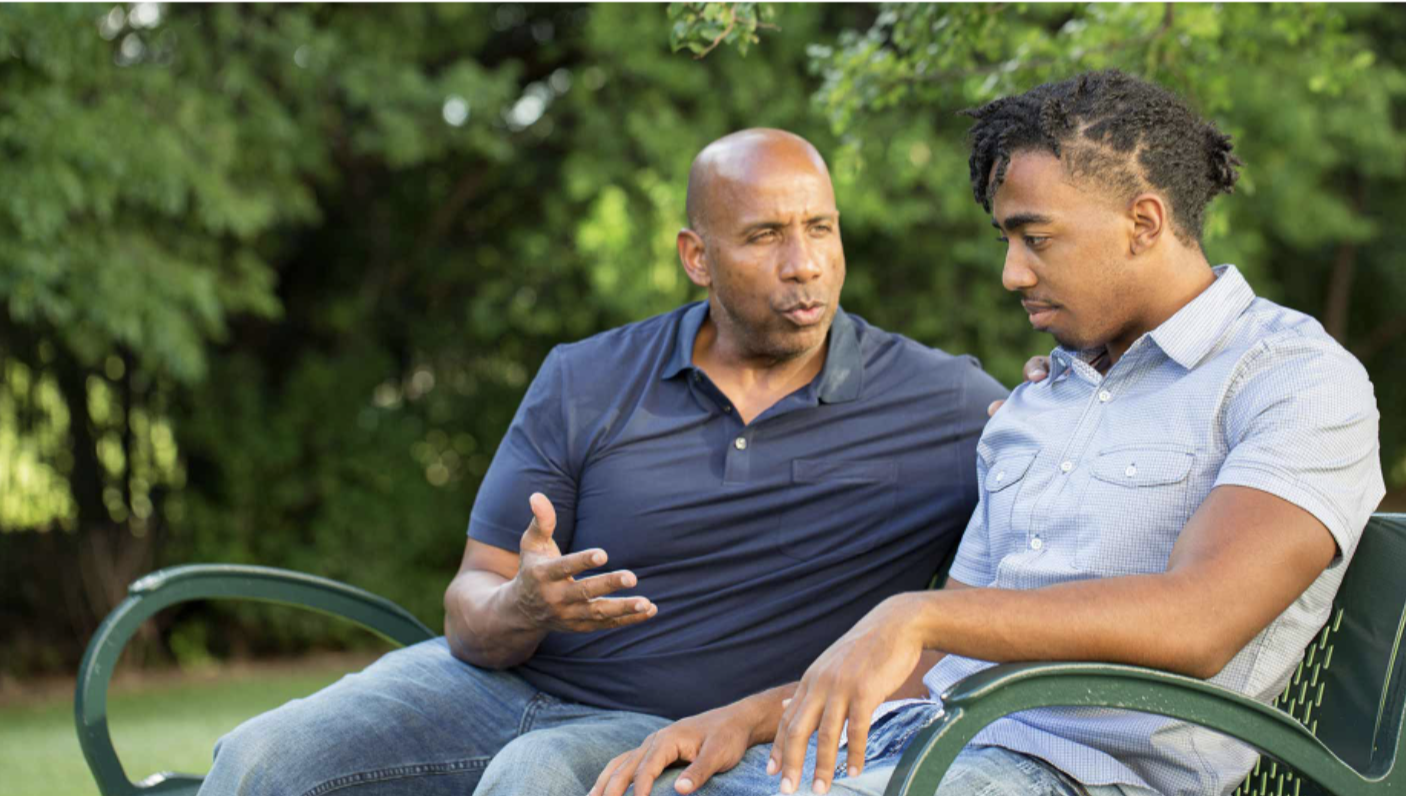At least 80% of Generation Z children say it is helpful when their parents talk to them about various aspects of their life — including their experiences at school, with mental health and on social media. But many of their parents say it is not easy to discuss these topics with their children, leading some to avoid engaging in these conversations. Dr. Lisa Damour partnered with Gallup and the Walton Family Foundation to take a deep dive into the fears and hesitations of parents of teens and how adolescents view parental conversations.
The poll explored the relationships that 10- to 18-year-old Gen Z children have with their parents, the resources and support systems their parents rely on, and how both groups navigate the sometimes-challenging experience that is being — and raising — a preteen or teenager.
Read the Gallup summary on the next wave of findings here.
Results are based on 1,675 pairs of responses from 10- to 18-year-old children and one of their parents or guardians, collected via web survey March 13-20, 2024.
Conducted in March 2024, the poll surveyed 1,675 American families, including both a tween/teen (ages 10-18) and a parent from each household. In the coming months further results will offer useful insights on how adults can strengthen their connections to the teenagers in their lives.
More resources




















